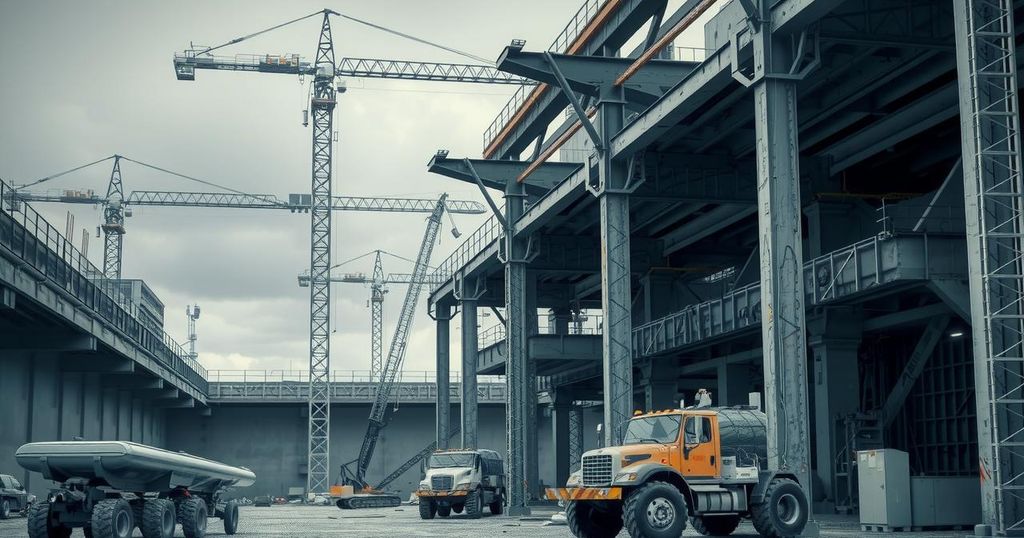Brazil Sues China’s BYD Over Allegations of Slave Labor Conditions

Brazilian prosecutors have filed a lawsuit against BYD, a Chinese electric vehicle company, for alleged labor exploitation and human trafficking. This follows the discovery of 220 Chinese workers in “slavery-like” conditions at a construction site in Bahia. The case raises serious concerns over labor practices at international development sites in Brazil.
In a developing situation, Brazilian prosecutors have initiated legal action against BYD, a major Chinese electric vehicle manufacturer, along with two contracting firms. The lawsuit is based on charges of human trafficking and exploitation of what are described as “slave labor” conditions at a construction site for BYD. This information was reported by AFP, which reviewed legal documents outlining the case.
This troubling case centers on 220 Chinese workers who were discovered last December in conditions labeled as “analogous to slavery”. These workers were reportedly employed at a plant that is still under construction in Camacari, located in the northeastern state of Bahia. The allegations are serious, prompting significant concern and scrutiny regarding labor practices in foreign-owned projects within Brazil.
The Brazilian legal framework takes human trafficking and labor exploitation seriously. Prosecutors are now exploring how these violations came to occur. It has raised questions about the oversight of labor conditions, especially at international development sites.
BYD, a prominent player in the electric vehicle market, has not publicly responded to these allegations yet. It will be interesting to see how the company addresses these serious claims as the case unfolds. The implications for BYD in Brazil, particularly in terms of its reputation and operations, could be significant if found guilty.
The situation illustrates broader issues surrounding labor rights in construction and manufacturing sectors, particularly in developing regions. As Brazilian authorities take action, it emphasizes the need for stringent oversight and regulations regarding worker treatment, especially in tasks deemed essential for modernization and industrial advancement.
This lawsuit against BYD illustrates serious allegations about worker exploitation on a significant construction site in Brazil. Prosecutors are addressing possible human trafficking and labor violations, which highlight critical labor rights issues in international operations. The outcome of this case may impact labour practices within the region and further complicate the operations of foreign companies in Brazil. Overall, this situation reflects the increasing scrutiny of labor conditions in global supply chains.
Original Source: www.hpenews.com





